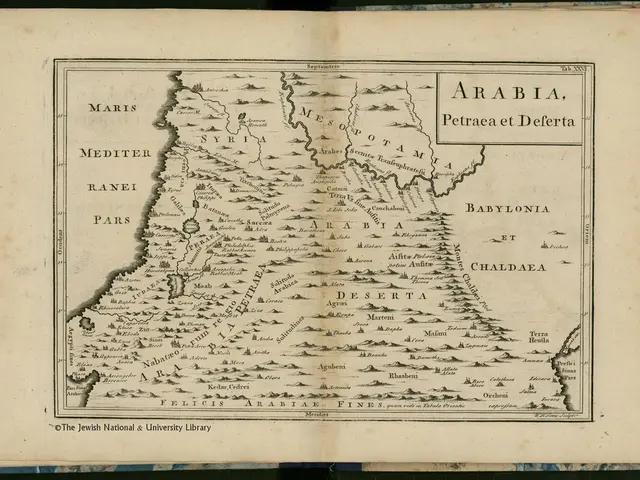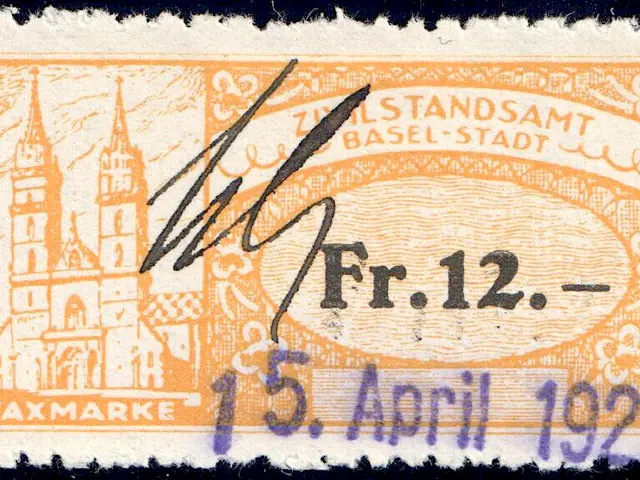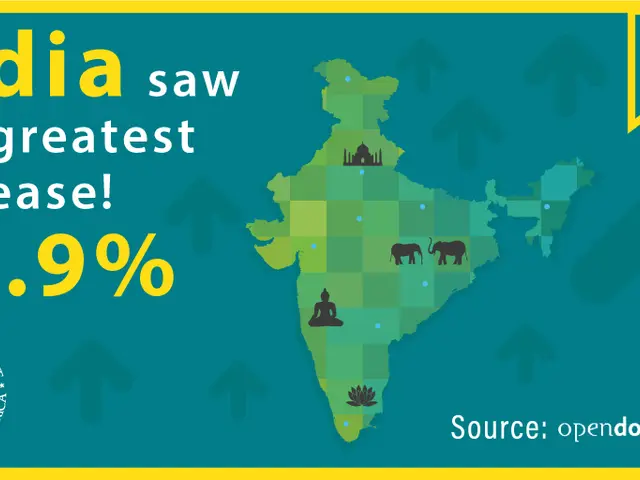Uniting for Oceans: Macron Promotes High Seas Treaty, Taking a Dig at Trump
Macron Advocates for Deep-Sea Treaties - Stays Firm with Trump
Broadcasting Across Platforms: Facebook, Twitter, WhatsApp, Email, Print, Copy Link
In the heart of Nice, representatives from over 130 countries are gathering for the UN Ocean Conference, aiming to agree on the designation of protected areas in international waters. French President, Emmanuel Macron, is optimistic about the prospects of the High Seas Treaty, claiming, "It's done!"
More than 15 nations have pledged to ratify the treaty ahead of the conference, putting the total number of countries committed to 60, the threshold required for the agreement to become effective. The treaty, once implemented, will bring law and order to the previously unregulated international waters.
Warning for the Ocean's Wild West
Heads of state and government from 56 countries, including Brazil's Luiz Inácio Lula da Silva, China's Han Zheng, and UN Secretary-General António Guterres, are gracing the conference's opening. Guterres had earlier called for restraint on the seabed, fearing it could turn into the "Wild West." The US, initially reluctant, has finally sent the head of the White House environmental task force, Edward Russo, to the conference.
A Jab at Trump
Macron took the opportunity to take a dig at the US, saying, "The seabed is not for sale, just as Greenland is not for grabs." His comment was a subtle reference to US President Donald Trump's attempts to advance deep-sea mining and his controversial interest in acquiring Greenland.
The coalition supporting a precautionary pause on deep-sea mining is set to expand further at the conference, with Germany also on board. Scientists caution that extracting manganese nodules could permanently harm untouched underwater ecosystems. The minerals located beyond national waters are considered the common heritage of mankind.
Germany's Green Commitments
Germany's Environment Minister Carsten Schneider, emphasizing, "The oceans are the blue lungs of the planet," will lead the German delegation at the conference in Nice. The German delegation is expected to make several self-commitments, such as the removal of World War munitions from the North and Baltic Seas and supporting partner countries in designating high seas protected areas. The conference in Nice also marks the start of negotiations for a plastic agreement in August.
Source: ntv.de, mli/AFP
- Environmental Protection
- Oceans
- Marine Research
- France
- Emmanuel Macron
- Plastic Waste
Enrichment Data:
Key Highlights* The High Seas Treaty, or the BBNJ Agreement, aims to protect biodiversity in international waters and establish marine protected areas.* As of June 2025, the number of countries that have ratified the treaty has surpassed 50.* The treaty's key provision involves establishing marine protected areas in international waters, contributing to the global goal of protecting 30% of the planet by 2030.* The entry of the High Seas Treaty into force is crucial for achieving sustainable ocean governance and protecting the high seas from unregulated activities.
- The High Seas Treaty, a critical component of environmental-science policy-and-legislation, is poised to protect biodiversity in international waters and establish marine protected areas, as small and medium-sized undertakings take steps to ratify the agreement ahead of the UN Ocean Conference in Nice.
- Recognizing the importance of sustainability in marine research, Germany's Environment Minister Carsten Schneider, stressing the oceans' role as the blue lungs of the planet, will lead the German delegation to the conference and make self-commitments, including supporting partner countries in designating high seas protected areas and the removal of World War munitions from the North and Baltic Seas.
- In the midst of contentious political discussions relating to general-news, French President Emmanuel Macron took a jab at US President Donald Trump during the UN Ocean Conference, stating, "The seabed is not for sale, just as Greenland is not for grabs," referencing Trump's controversial interest in acquiring Greenland and his support for deep-sea mining.







